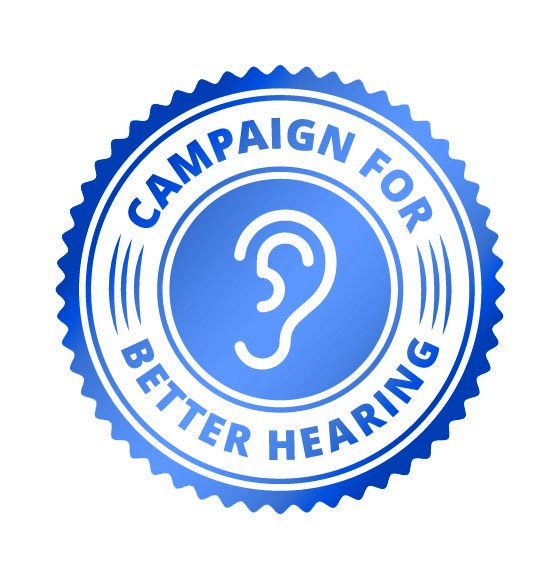The world seems to be moving very quickly and changing ever so fast, and it is important to embrace life while navigating the waters of the ‘new normal’, especially if you have hearing loss or wear hearing aids.
We at HearingLife cannot do much about the current situation, but what we can do is share tips for people with hearing loss and hearing aids, to live better in the ‘new normal’
Hearing tip 1: how do you wear a mask with hearing aids and glasses on?

Wearing a face mask is one of the most common practices which will continue to be the norm for some time. So, it is important to understand how to have your hearing aids and specs coexist with these face masks.
Here are some helpful tips to keep in mind to wear a face mask comfortably with your hearing aids:
- Consider a mask that ties behind the head rather than behind the ears
- Use a special mask extender which will hold the mask with buttons or other fasteners at the back of the head
- Attach your over-the-ear hearing aid to your glasses with a small elastic band to keep them in place
- Put on and remove masks carefully, and check your hearing devices each time
Hearing tip 2: communicate effectively in the current situation

Pic courtesy @Kelly Waskow-Greene
People with or without hearing loss subconsciously depend upon lip reading as an important aspect of non-verbal communication. With the increasing use of face masks and social distancing this aspect of communication gets severely affected especially for people with a hearing loss.
Prepare a handwritten sign or message on paper indicating you cannot hear well when masks are worn so others will be more apt to help than assume, you’re ignoring them or being rude. Provide specific direction on how they can help.
For example, one phrase you may find helpful to have prepared in advance is “I read lips and cannot see your mouth”. If you’re using a mobile app for speech to text transcription, then you could use the phrase “Please speak in the direction of my phone so the app can transcribe your speech.”
Practice and exercise communication strategies. Anticipate the types of communication exchanges that will likely transpire given the setting and context. Ask the other person to communicate slightly louder and slower. Adjust the volume of your hearing device higher or lower (if noisy) could help. Always bring paper and pens as a backup. Request rephrasing if you’ve already asked twice to repeat the information, use gestures and hand signs like “thumbs up.” And, remember to look at the eyes for non-verbal clues.
Hearing tip 3: use remote services for your everyday hearing needs

Determine what can be handled, researched, or purchased and delivered to your home. Use online services for hearing screening, buying hearing aid related accessories, and troubleshooting everyday hearing aid related problems. You can also use chat and e-mail services to reach out to your audiologist or attend various Facebook live sessions and webinars being conducted by HearingLife
Here is the list of online services being offered by HearingLife to help you with your everyday hearing care
Online Hearing Test | Facebook Live Sessions | Buying Hearing Aid Supplies and Accessories | Live Chat with a Hearing Professional | Remote Technical Support
Hearing tip 4: be socially active

While being socially active (in person) may not be possible right now, you can still have a coffee chat with your friends/relatives on a video call. You can always have a good time with your immediate family members by cooking a meal together or dancing away to your favorite tune with your partner all day long. After all, communication, love, and appreciation from a loved one will help your hearing.
If feeling stressed about your hearing you can always reach out to our hearing professionals through Facebook live sessions or the live chat feature on our website.
Hearing tip 5: monitor and work on emotional health

Be mindful of the range of emotions you may experience before, during, and after interactions where masks are worn. Acknowledge the anxiety and stress from anticipating and experiencing difficult exchanges. Solicit support from understanding family or friends. Know that surprises happen and may throw off your plan. Be flexible and as gentle with yourself as possible, practice self-care, breathe, and remember this is temporary. Indulge in physical exercise and yoga at home. Play games and solve puzzles or pick up a hobby or just dance with a loved one to help you de-stress. Your ears receive sounds, but your brain processes all the wonderful sounds that you hear. So, keeping your brain healthy and mind calm can help to keep your hearing healthy too.
While the current time may be uncomfortable and emotionally trying times, remember that there will be light at the end of the tunnel.
We at HearingLife Canada will continue to be a trusted provider in hearing care. We look forward to seeing you in our clinics soon. To learn more or book a future appointment with our hearing professionals visit https://www.hearinglife.ca/book-a-consultation





